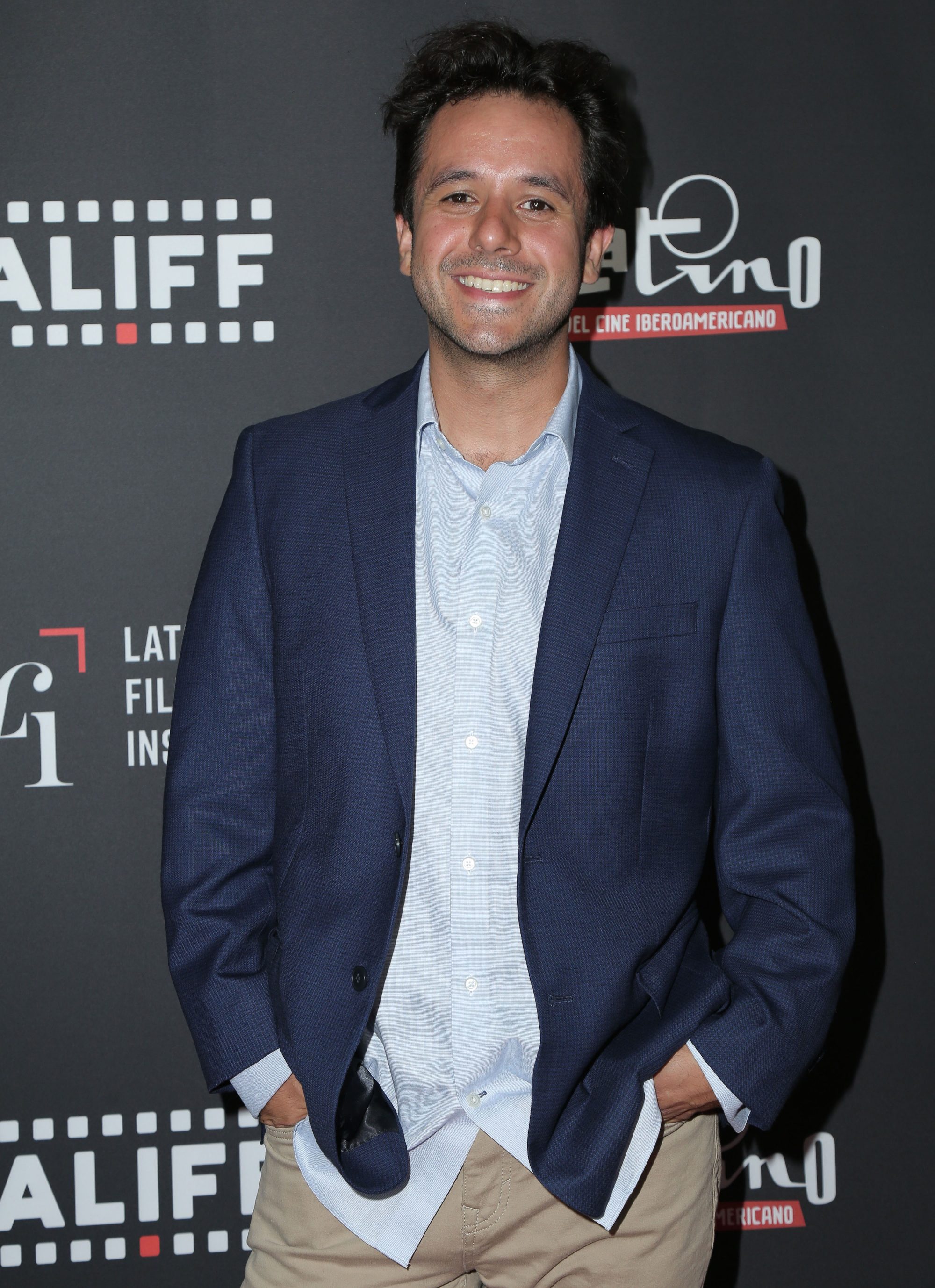Mexican-American filmmaker Daniel Fermin Pfeffer left the small college town of Ithaca in upstate New York to chase his artistic aspiration in New York City, but his hometown would reclaim him when he’d embark on the making of a short film, and eventually a feature. Inspired by the life of one of his closest friends, Lucas Monroe, who he’s known since the second grade. I’ll See You Around — the long-form version of the project — recently had its world premiere at the Los Angeles Latino International Film Festival (LALIFF).
While Pfeffer was studying film at Columbia University, Monroe came to Pfeffer with the idea of writing a memoir about the tribulations Monroe had faced as an African-American man, father of three at a young age, pursuing higher education in an environment ravaged by economic inequality, substance abuse and incarceration.
Familiar with what his childhood friend had endured and aware of the weight of his story, the burgeoning director suggested they make a short film portraying those real, firsthand hardships. The short film, While I Was Gone, served as a workshop of sorts for Monroe and the rest of the cast — comprised mostly of Monroe’s family members and acquaintances that had never acted before — to get comfortable in front of the camera and become familiar with the filmmaking process.
Banking on the fact that he could use the school’s equipment, and fueled by the positive reactions to the short, Pfeffer quickly jumped into making a feature (I’ll See You Around) for $50,000, a humble amount that allowed them to pay each person involved a $600 stipend. For Monroe, this represented an opportunity to dive deeper into his memories and translate that, with Pfeffer, into a screenplay. On the film’s official site Monroe is listed not as an actor, but as a creator.
“He was instrumental in the creation of the storyline,” said Pfeffer about Monroe’s involvement. “Every draft he would read, and we would tailor it to his feedback.” Once the screenplay was completed, they took it one step further. They went to each of the nonactors that were going to participate and asked them how they felt about their dialogue and their respective scenes, given they were real situations that they’d experienced.
Part of the responsibility that comes with making a movie directly inspired by real people and having them play themselves is to not approach poverty and systematic oppression the same way other films have. It was a rule for Pfeffer and Monroe to not have any sensational elements such as drugs, guns and violence be a visible part of their storytelling. All of these issues are absent from the screen even if they are implicitly part of Lucas’ world.
“We wanted to explore a different reality that Lucas also lives, which is trying to get through community college, trying to raise his daughter, trying to figure out how to manage his relationships, and in the end how to love himself and forgive those around him,” he added. In turn, learning self-acceptance is a struggle the creative pals share.
Being one of the few Mexican-American children in Ithaca at the time, Pfeffer recalls learning at a very young age that his heritage could make him a target of racism and bullying. “I remember this kid on the swing set called me a dirty Mexican when I was in the third grade. That was the first time I became aware.”

Encounters like such, and similar insidious comments, made young Pfeffer feel ashamed of his Latino identity to the point that he’d try to subdue it to fit in. “At times, I was embarrassed that my mom would speak Spanish in front of other people or of the torta she would make me to go to school with, which were delicious, but everyone else was having white bread and tuna fish.” But with age came the recognition that those feelings were imposed on him by discrimination, and he was trying to protect himself from being a target.
A testament to the power of representation in media, he remembers that seeing other Latinos succeeding in mainstream entertainment as an adolescent signaled to him that there was value in what made him different. “I really felt prouder of being Latino when Big Pun (the rapper) and J. Lo became hot on the music scene. All of a sudden there was a sense that pop culture was giving me and my other Latino constituents a space,” he explained.
Now, he’s embracing his Latino side creatively and unapologetically. In addition to other projects in the pipeline, Pfeffer is currently developing a feature film called Brujeria about a Mexican teenage girl in the early 90s, along the lines of Nancy Drew. The teen unveils and confronts a nefarious satanic, neo-Nazi cult that preys on the vulnerable Mexican migrant community. We are very here for this.







